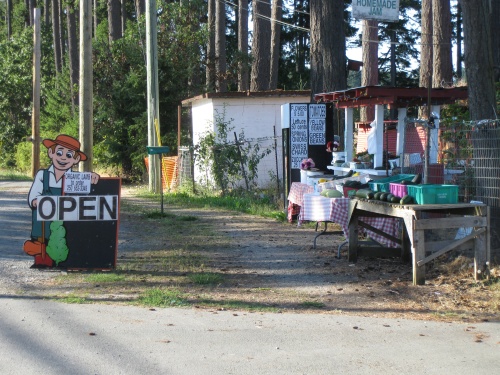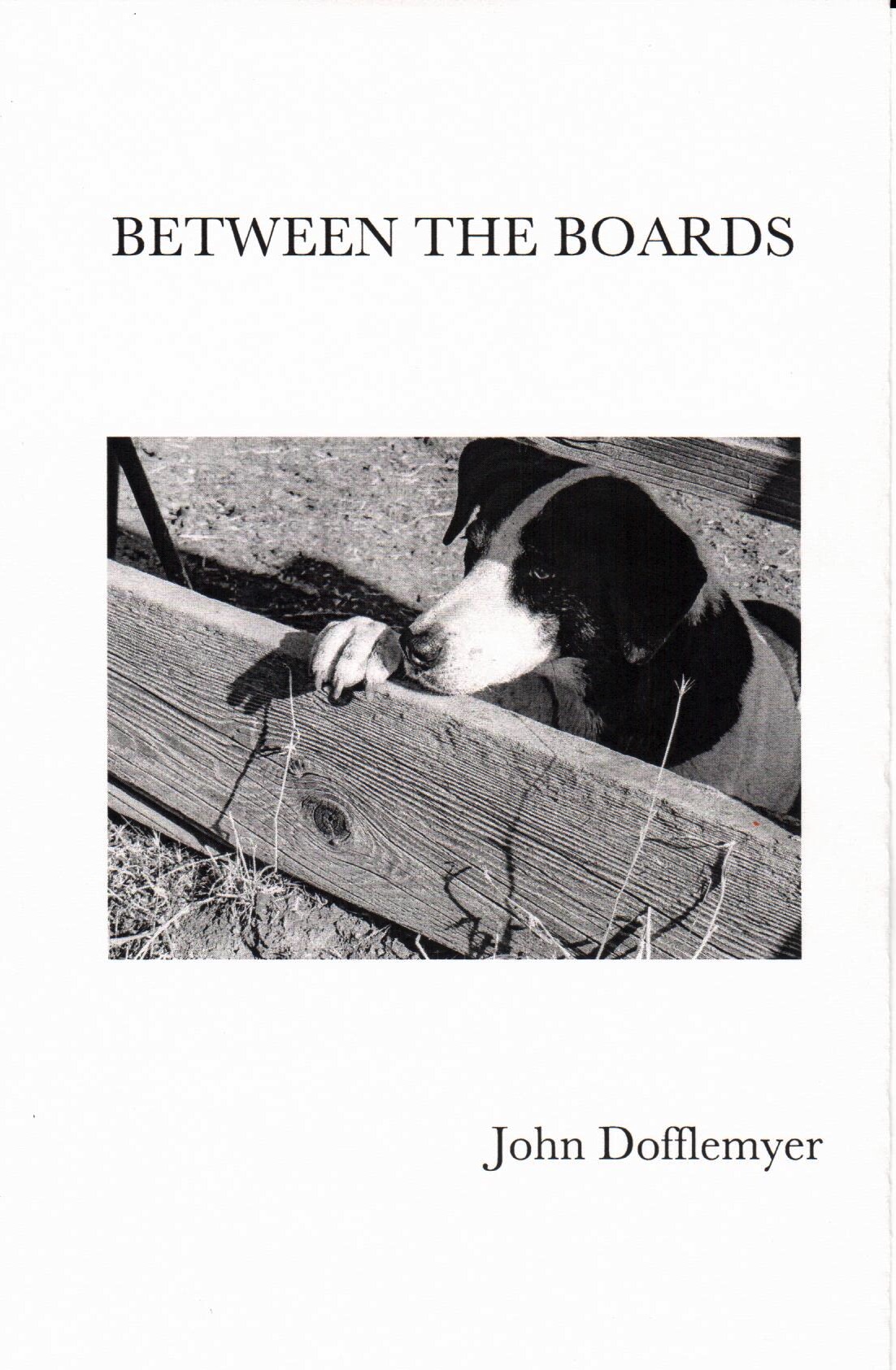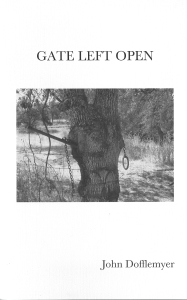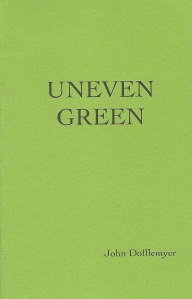Another beautiful day in Victoria, I have found fresh optimism in this micro-climate of Vancouver Island, British Columbia, one certainly accentuated on our brief visit to Salt Spring Island and one that is centered around sustainability as evidenced by the many farm stands along the road and again within the menus of restaurants and cafés offering, almost exclusively, local food and produce. In part because of its separation from the mainland and the cost of shipping goods from factory farms from elsewhere, this sustainability seems to be an unspoken credo locally, an accepted luxury that is taken for granted as a way of life that works.
As a short-time visitor, it is easy to contrast the direction of agricultural practices in the Central Valley of California, perhaps the richest agricultural region in the world, and the short vision of California’s corporate farming that will soon deplete the region’s underground water resources, drought or no drought, because the corporate model is based on growth rather than maintenance and sustainability. It may be presumptuous to ascribe this mindset or philosophy to all Canadians, or use the example of Butchart Gardens as a 100-year model of profitable mining reclamation, but one cannot ignore the differences between this small part of Canada and the USA in both practice and attitude.
Most consumers in the States seldom see farm fresh eggs, a luxury Robbin and I have grown so accustomed to that we will not order eggs from menus at home, eggs that lack both flavor and color, among other things. But we have yet to see any such pale imitations on Vancouver Island.
When I was a boy on my way to school, the end of every other rural driveway had two or three milk cans waiting for morning pickup to the creamery. My mother would take one such quarter-mile driveway to a farm house to buy our eggs in a brown paper sack. Consequently, to see this kind of economy at work is more than pleasantly refreshing, but concrete validation that the demise of this economy at home over the past half-century has nothing to do with progress or the times.
Instead, it raises questions about the direction of American culture that has become an example to the world, often imitated and initiated by the corporate model of growth–revenue growth, income growth, dividend growth for short-term speculation–that is not sustainable. As my grandfather said often, “No tree grows to the sky.”
Ultimately, these questions center on the values and priorities of Americans, a cloudy sojourn into the cores of each of us that offers little for future generations to emulate. Whether the United States is beyond reclamation of its connection to the land, to the earth and its resources, whether we are beyond finding satisfaction with the work of our hands, have been rhetorical questions most of my adult life as I’ve watched the herd head off in the direction of more and more convenience.
But it’s another beautiful day in Victoria, and the weather is pleasant as well.















The United States seems to be more about the convenience of disposable everything, and fast everything. Forget about slow food, or cooking from scratch with fresh ingredients. There seems to be little mindset about sustainability as we march forward into who knows where.
This must be a little piece of heaven for you right now.
LikeLike
It is Angeline 🙂 We’ve had a wonderful time doing next to nothing.
LikeLike
John, would you consider adding a Twitter button on your blog under your share selection? I love taking this kind of post over to Twitter for an additional reading audience.
LikeLike
Yes, of course. I thought it was already under the share button, but can’t figure out how to get it there on the iPad. I’ll attend to it when we get home.
LikeLike
We experienced many of the same emotions when visiting the highlands of Peru. Many of the areas operate as sustainable cooperatives where an amazing variety of foods and goods could be found. It may well be in future times that these places become the model that saves the world from the destruction corporations like Monsanto bring to civilization.
LikeLike
Let’s hope so. We Americans have become so egocentric with a blind urgency that makes no sense to me. I am afraid that many are without purpose other than to serve themselves. Seeing more sustainable models is encouraging. 🙂
LikeLike
This is such a wonderful message and so important coming from a modern rancher. Thank you for posting it. Thank you for all you signify.
Louise Jackson
LikeLike
There is hope so long as these kind of conversations are taking place.
I believe It’s when the words and actions of those who are in tune with the cycles of nature grow silent that we are in catastrophic trouble.
But how to knock down the power of the egocentric, self-serving, short sighted, corporate-oriented folks who see dollar signs instead of the signs that Earth systems are at a critical stress point?
To compound the problem, I was listening to our local news exploring the ruling by the Supreme Court that views money contributions to political candidates is part of free speech. I think it’s more like paid propaganda, and of the very worst kind that potentially gives power to the very ag-corporations referred to here.
I will get off the soap-box… and leave it to say I concur with those who are commenting here.
Jane
LikeLike
Pingback: Collisions in Place | drycrikjournal